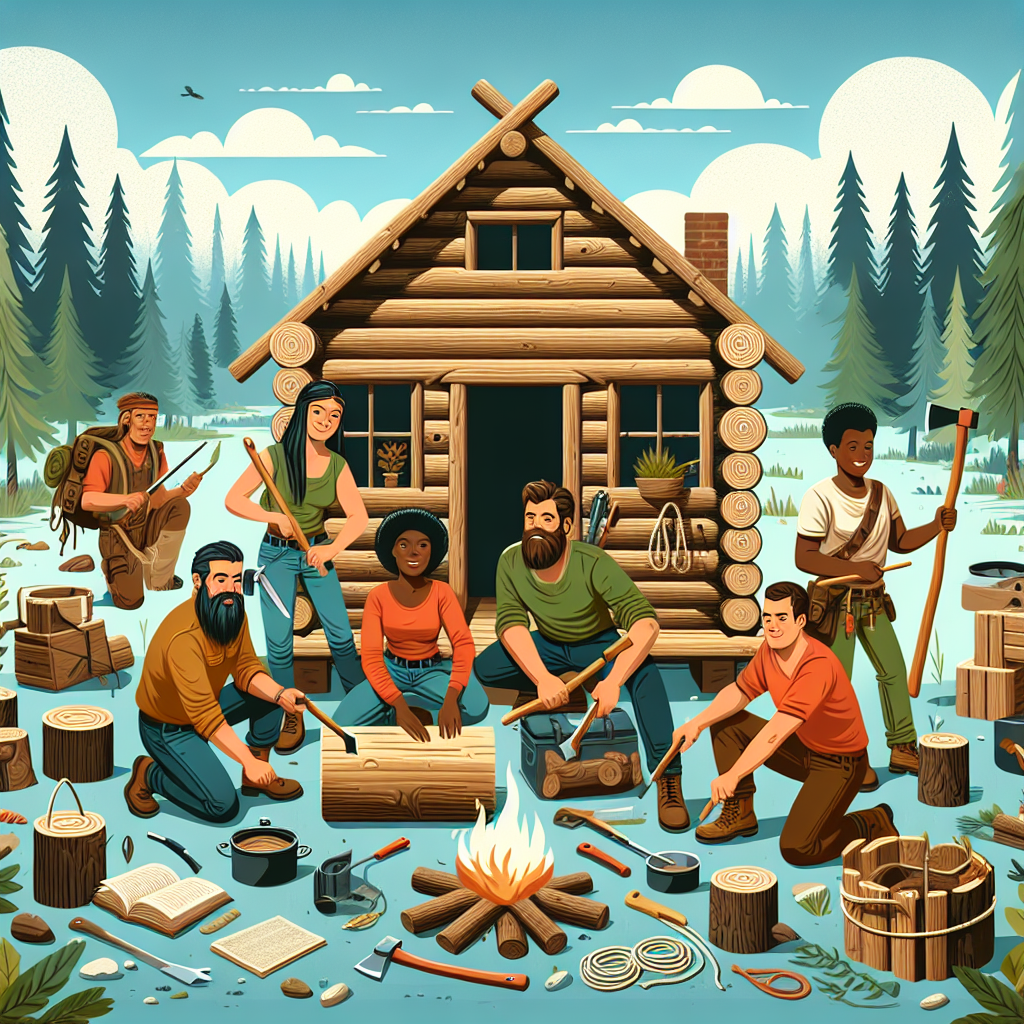In an era characterized by uncertainty and rapid societal changes, the concept of survivalism has evolved beyond mere self-sufficiency into a thriving community-oriented lifestyle. Survivalist communities are emerging as vital hubs for individuals seeking companionship, shared knowledge, and a dependable support network. This article explores the essence of these communities, their benefits, and how to find your tribe in a self-reliant world.
What Are Survivalist Communities?
Survivalist communities range from informal groups of friends sharing skills to organized collectives with established guidelines and resources. They often prioritize self-reliance, sustainability, and preparedness, fostering a lifestyle that emphasizes both individual skill development and collective resilience. Members typically engage in various activities, including farming, building infrastructures, crafting survival gear, and practicing emergency response techniques.
Key Characteristics
-
Shared Values: Community members often share core beliefs surrounding self-sufficiency, health, and environmental sustainability.
-
Skill Exchange: A vital aspect of these communities is the sharing of diverse skills, including foraging, homesteading, cooking, and first aid. Members can learn from one another, thereby enhancing their survival skills collectively.
-
Emergency Preparedness: Preparedness is a cornerstone of survivalist communities. This includes developing emergency plans, stockpiling resources, and regularly practicing survival scenarios.
-
Support Networks: In times of crisis, a strong community can provide emotional and physical support, helping members navigate challenges more effectively than they could alone.
The Benefits of Joining a Survivalist Community
-
Emotional Support: The camaraderie found in a survivalist community alleviates feelings of isolation. Members often form deep friendships that can last through hardships and triumphs.
-
Resource Sharing: Communities can pool resources, from land and tools to food storage. This shared approach considerably reduces individual costs and increases the likelihood of survival in times of need.
-
Skill Development: Engaging with others allows for continuous learning. Each member brings unique skills to the table, creating a rich tapestry of knowledge that benefits the entire community.
-
Increased Security: A cohesive group can provide heightened security against external threats, ensuring that members look out for one another and their collective interests.
-
Lifestyle Adaptation: Being part of a survivalist community allows individuals to adopt a sustainable lifestyle more easily. Members often share gardening techniques, energy solutions, and waste management practices, fostering eco-friendly living.
Finding Your Survivalist Tribe
Identify Your Goals
Before diving in, clarify your reasons for joining a survivalist community. Are you seeking knowledge? Emotional support? A place for hands-on learning? Defining your intentions will help you choose the right community.
Research Local Groups
Start by exploring local survivalist, homesteading, or preparedness groups. Websites, social media platforms, and community boards are excellent resources. Joining local events, workshops, or meet-ups can help you connect with like-minded individuals.
Participate in Forums and Online Communities
A plethora of online platforms cater to survivalists. Websites like Reddit, Facebook Groups, and specialized forums allow individuals to share experiences and advice. These virtual communities can provide insights and connections that might lead you to a physical group in your area.
Attend Workshops and Conferences
Participating in survival skills workshops and conferences can expose you to different communities focused on preparedness, sustainability, and farmer networks. These events offer opportunities to network, share ideas, and find a group that resonates with your values.
Evaluate Compatibility
Once you’ve found potential communities, spend time with them before committing. Attend meetings or gatherings, observe the group’s dynamics, and assess whether their values align with yours.
Conclusion
Survivalist communities are more than just collections of individuals focused on self-reliance; they are vibrant ecosystems where shared knowledge, skills, and beliefs can flourish. In a world marked by unpredictability, finding your tribe can offer not only practical benefits but also profound emotional fulfillment. By embracing the spirit of collaboration and community, individuals can navigate challenges together, creating a more resilient and self-sufficient life. Whether it’s growing food, sharing skills, or simply supporting one another, survivalist communities embody the essence of thriving in a self-reliant world. So take the leap, find your tribe, and embark on this rewarding journey together.


